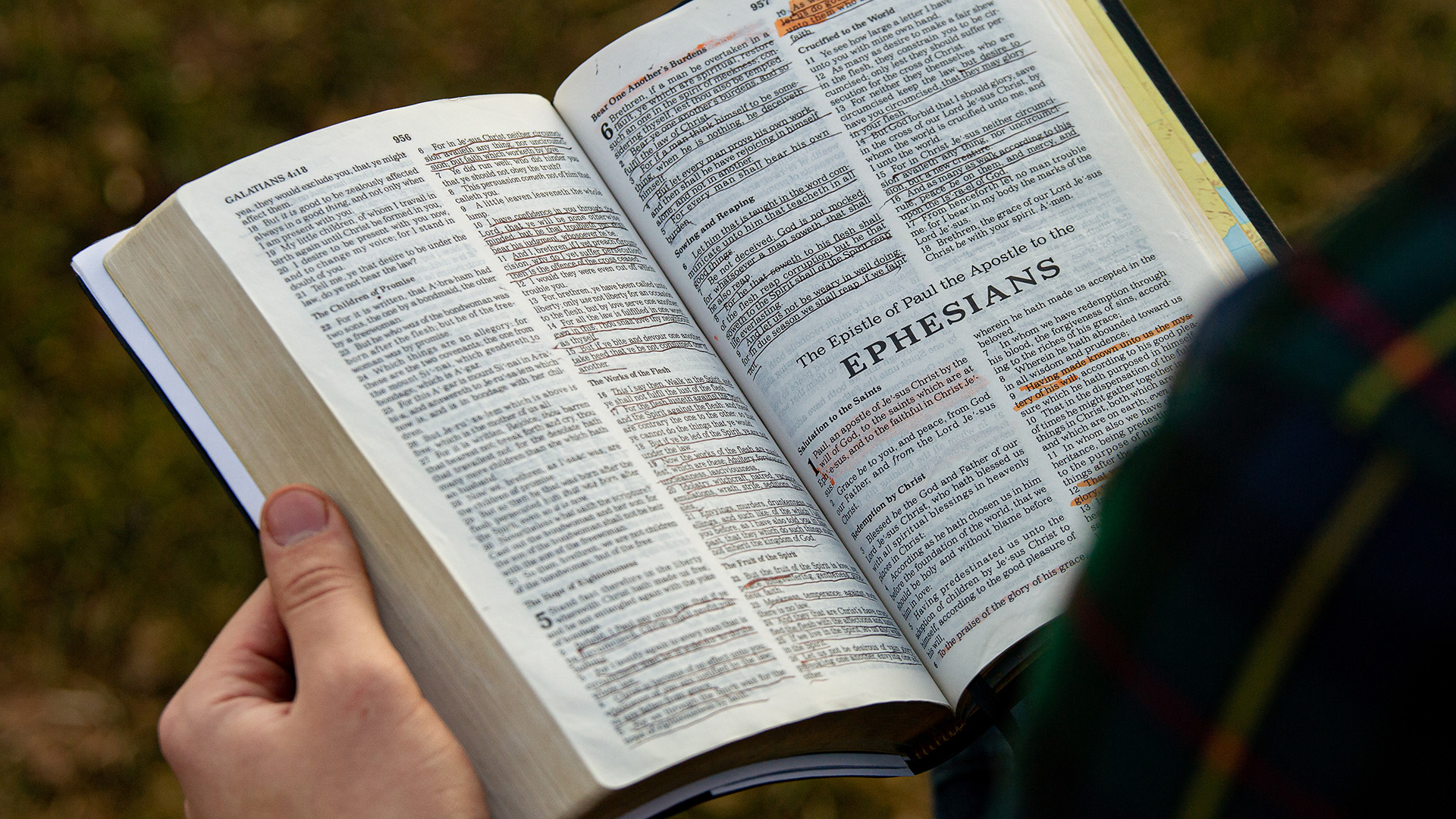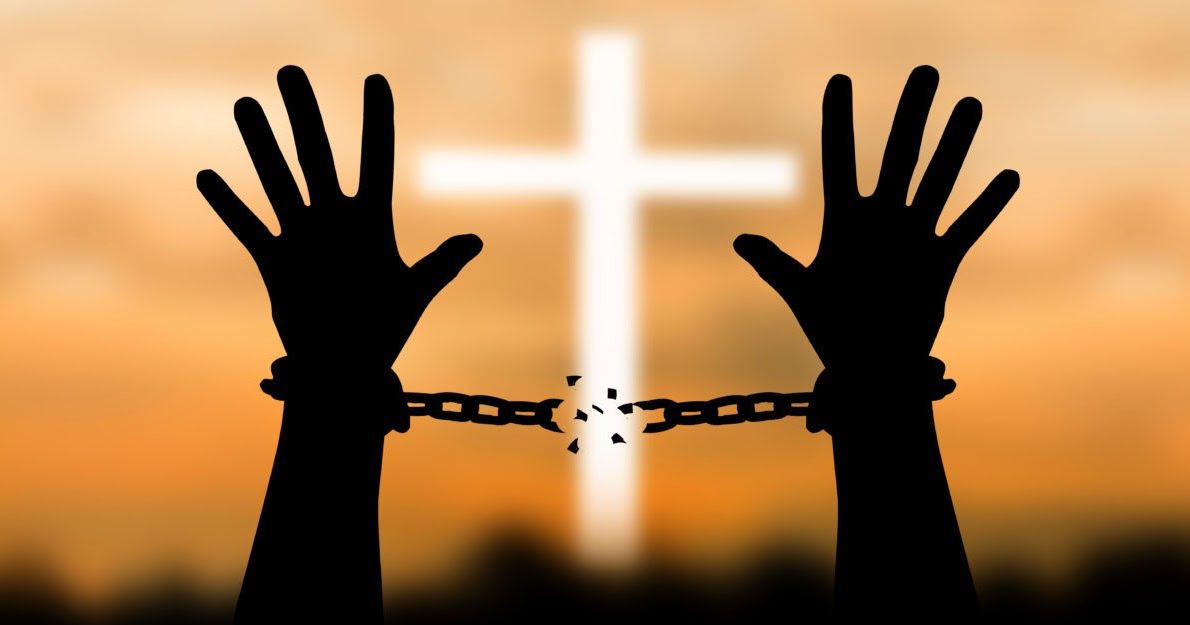“There is one body and one Spirit, just as you were called in one hope
of your calling; one Lord, one faith, one baptism;
one God and one Father of all, who is above all, and through all,
and in you all”
– Ephesians 4:4-6 –
Unity must be centered on Christ and His Word. If it is doctrine that divides us and love is what unites us, why do we not set aside doctrine, and rejoice in the bonds of love? Why are we not more open? You hear about couples in “open relationships,” where every one lives out their love in their own way, when they want, and with whom they want. Is that love?
Love is a principle and is faithful. Otherwise, it is not love. Unity based on something other than biblical truth is not sustainable. Paul presents the seven basic spiritual realities of the unity Christ prayed for.
- One body. The body of Christ of which every believer becomes a member from the moment of conversion.
- One spirit. The Holy Spirit dwells in every believer, therefore we belong to each other in the Lord.
- One hope of your calling: The Lord’s return to take His Church to heaven. When the bride and groom, the Lambe and the Church, they will be married for eternity.
- One Lord. God made flesh, crucified, risen, who today intercedes for us and who will soon return, who died, lives and will come back for us. Recognizing the Lord-ship of Christ is the basis of the unity.
- One faith. Christ granted His truth to the church. We are a pillar and bulwark of truth, but we do not legislate that it is truth; just as we do not make bread. Bread is made, we eat it and share it. The early chuch recognized a group of doctrines which they taught, lived, and shared together.
- One baptism. The Bible says that sinful man needs to be born again, by the Word, by the Spirit, and by water. Baptism is the gateway to the body of Christ that is the church.
- One God and Father of all. Paul emphasizes recognizing God as a Father. That provides us with a family. He’s one father, not many fathers. Jesus taught us to pray saying our Father, not my Father. We are childrenn of the same family, who love and serve the same Father, so we must be able to walk in unity.
These seven pillars safeguard our unity.
Like the spokes on a bicycle tire, the closer to the center we get,
the closer we are to each other.
And so, united to Christ and His Word, we reach true unity.
God bless you all…










